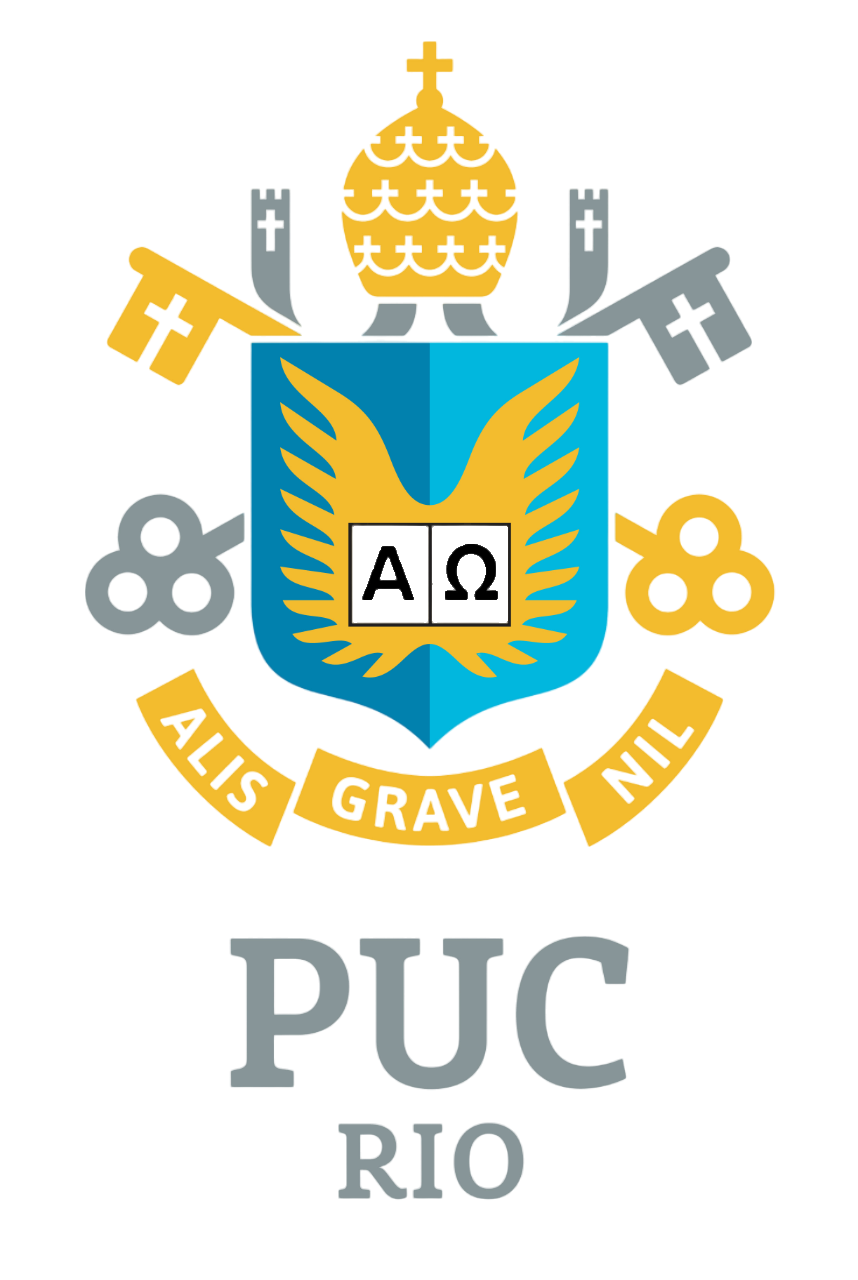History
History of the Postgraduate Program in Electrical Engineering from PUC-Rio
Founded in 1947, to start the undergraduate program, the Department implemented in 1963, the Program with master’s course – in a pioneering way – and in 1981, the doctoral course, together with CETUC. The program is funded by federal and state education and research funding since the early 1970s, it has historically been at the forefront. More than 1330 masters and 406 doctors were trained by the program. There are currently more than 120 students registered in the master’s and doctoral courses. Recognized by its peers in the country and abroad, the postgraduate program has the highest score from Coordination for the Improvement of Higher Education Personnel (Capes in Portuguese), which is responsible to assess the programs in Brazil.
The Program continually aims to consolidate a model of academic excellence focused on the Brazilian challenges. Four indicators can exemplify this effort.
• The qualification and notoriety of the teaching staff, manifested in the active participation in scientific societies, associations, and commissions of several agencies and funding agencies in national and international levels.
• The level of excellence of the research developed in the Program was verified through the dissemination of results in scientific journals in their areas of activity, as well as the support of research with emphasis on the number of professors with grants and/or maintenance of support on an individual or integrated basis.
• As for student participation, the program’s indicators reveal a considerable percentage of student authors in all their forms of expression.
• Continuous and intense participation of professors, researchers, and students in projects sponsored by state and private companies, combining university and applied productions, as well as an undeniable benefit for the training of qualified and versatile human resources.
The areas of concentration (Electric Power Systems, Decision Support Methods, Signal Processing and Control, Applied Electromagnetism, Communications Systems) of the Program continue to be highlighted, evaluated in the last quadrennial (2013-2016) with grade 7 (maximum score) of the CAPES.
In recent years, following a European trend, undergraduate students are encouraged to take postgraduate courses. This practice strengthens the relationship between undergraduate and graduate students, with some of them participating in projects developed by faculty, researchers, and master’s and doctoral students. Usually, but not exclusively, this participation occurs at the time of the completion of their final-of-course works. The incorporation of students in these projects increases the perception of research activities, facilitating the application and development of works in postgraduate Programs.


